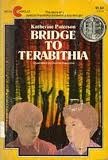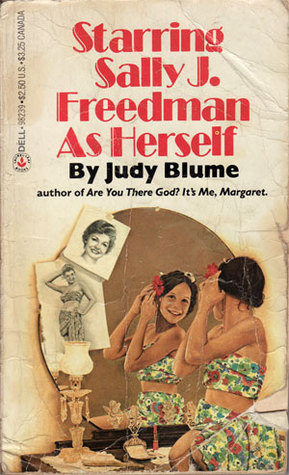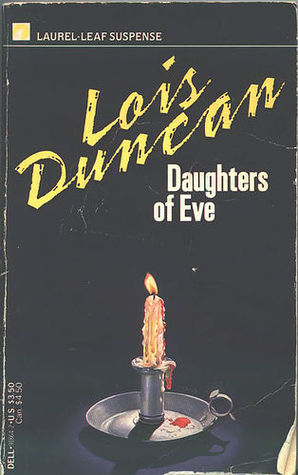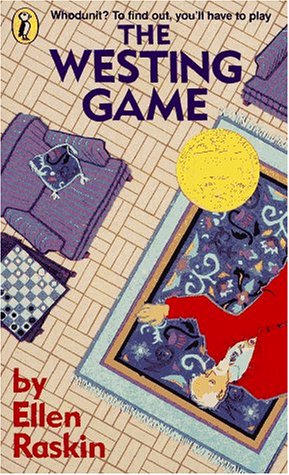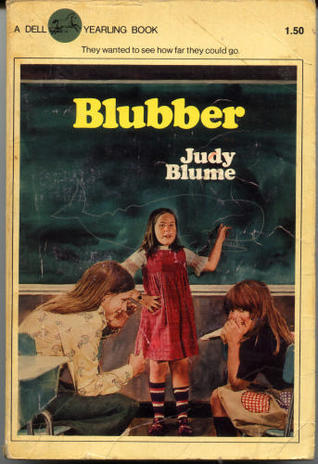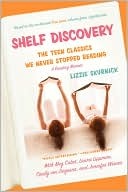“Deenie” by Judy Blume
Tuesday, July 10th, 2012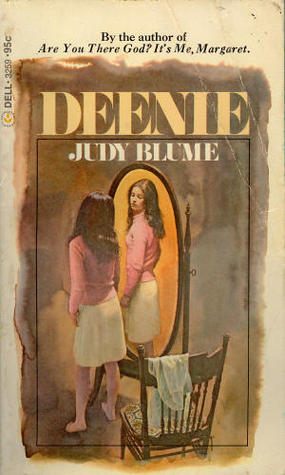
You remember Deenie, right? The Judy Blume book the pretty girl who has scoliosis and has to get a brace? If you were a girl in the 60s/70s/80s (and if any of you were earlier or later than that, chime in) then you probably do. But do you remember this:
As soon as I got into bed I started touching myself. I have this special place and when I rub it I get a very nice feeling. I don’t know what it’s called or if anyone else has it but when I have trouble falling asleep, touching my special place helps a lot. (55)
I sure as heck didn’t. Maybe I didn’t get it and just didn’t notice when I was young, I thought. But later in the book, when Deenie frets about the scoliosis, she says:
I touched my special place practically every night. It was the only way I could fall asleep, and besides, it felt good. (82)
Re-reading this, I was amazed that I didn’t remember this part of the novel at all. Why hadn’t my friends and I been as OMG! over this as we had over Margaret and her friends bust-increasing exercises in Are You There God It’s Me, Margaret? or the guy’s erections in Then Again Maybe I Won’t?
Maybe it was just these two short passages, I thought, and I’d been oblivious. Yet it immediately becomes overt in the book. When her gym class is asked to submit anonymous questions as part of a monthly discussion, Deenie writes:
Do normal people touch their bodies before they go to sleep and it is all right to do that? (82)
Deenie’s gym teacher Mrs. Rappaport, the same one who identified her spine issue, asks them if they’ve heard otherwise. Several girls say yes. She asks if they know what it’s called, then they name it together: masturbation. She then assures them:
“Nobody ever went crazy from masturbating, but a lot of people make themselves sick from worrying about it.” (84)
This scene takes up a full three pages in my edition. It’s straightforward, not in coded language that I might have skated over if I didn’t get it.
The last mention is toward the end of the book:
Usually I take showers and get in and out as soon as possible. But the hot water was very relaxing and soon I began to enjoy it. I reached down and touched my special place with the washcloth. I rubbed and rubbed until I got that good feeling. (132)
I find it interesting how Blume chose to name the act but not the “special place” or the “good feeling.” She took care to name and break down the term “adolescent idiopathic scoliosis.” And I find it really interesting how many details I recalled about the book, like Deenie being named after Natalie Wood’s character from Splendor in the Grass, and cutting off her hair, but didn’t remember a significant sub-theme of the novel, especially one I think would have kids tearing the book out of one another’s hands to find out more.
I read Deenie for my summer reading bender, where I’m choosing titles out of the chapters of Lizzie Skurnick’s reading memoir, Shelf Discovery: The Teen Classics We Never Stopped Reading. (WHICH YOU SHOULD GO BUY NOW NOW NOW BECAUSE IT’S ONLY $6 AT AMAZON!) It’s one of the titles in Chapter 5, “You Heard It Here First: Very Afterschool Specials.” Perhaps the Problem in the novel, scoliosis, was so front and center that it eroded the female masturbation from memory.

